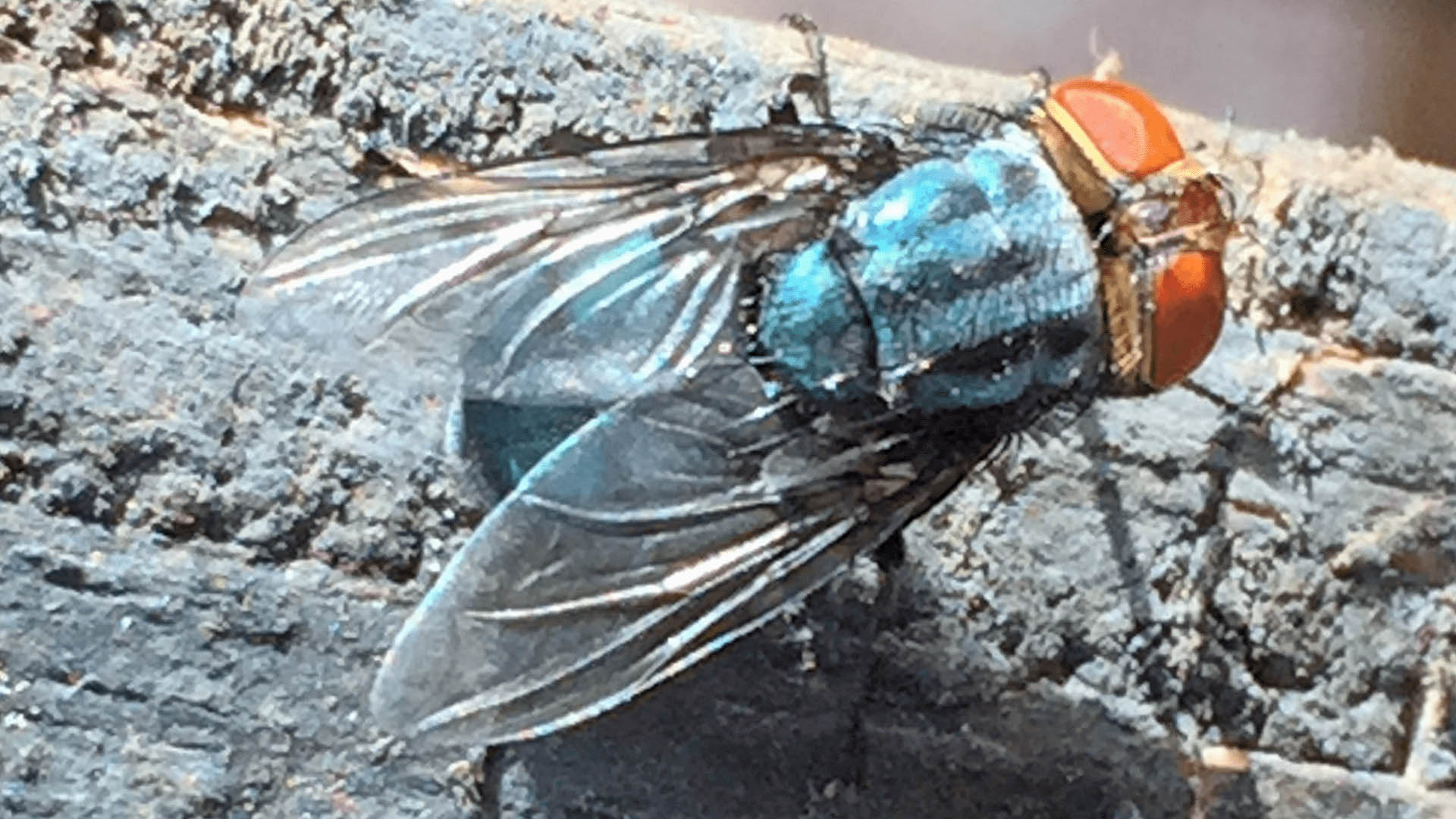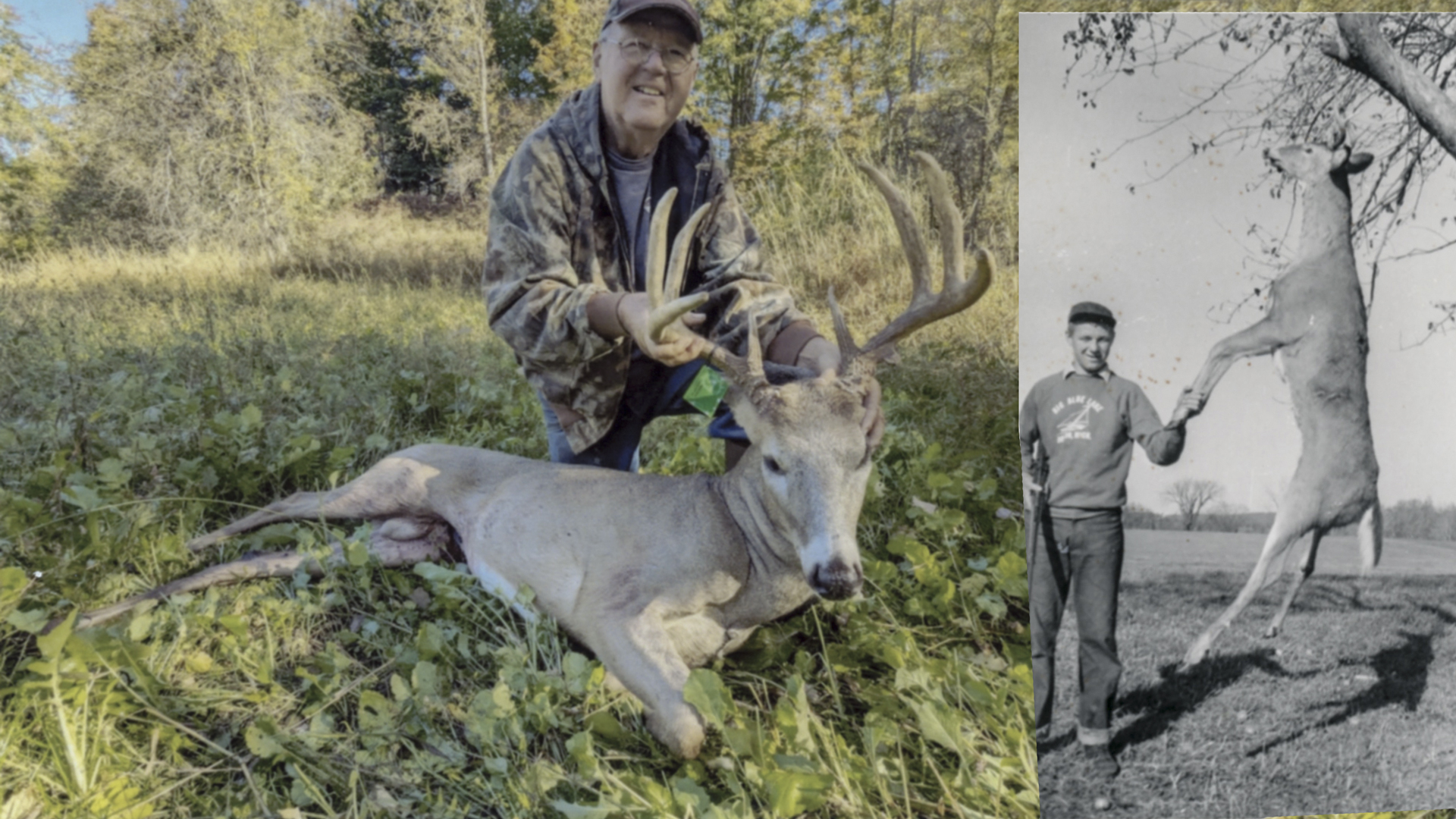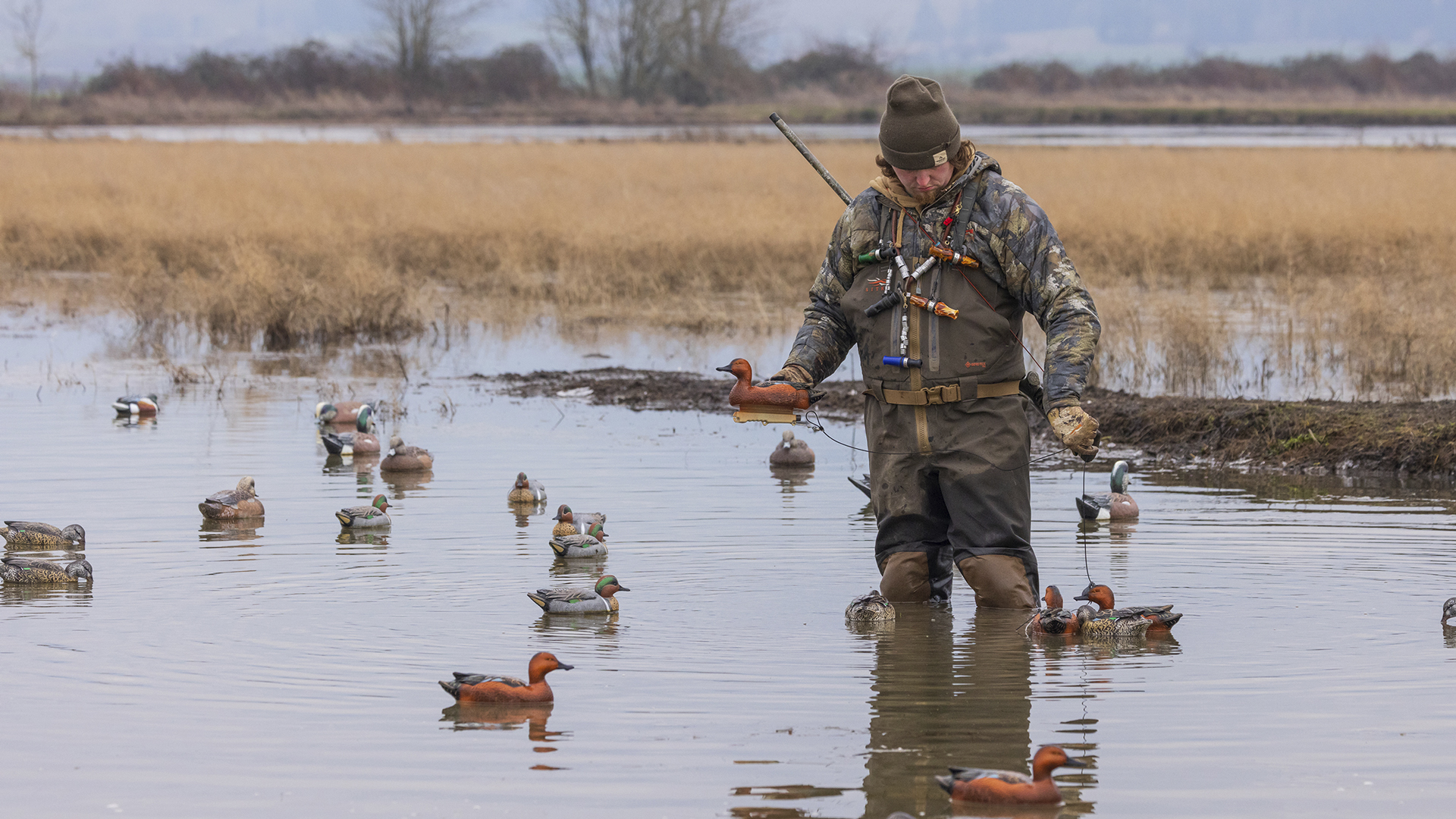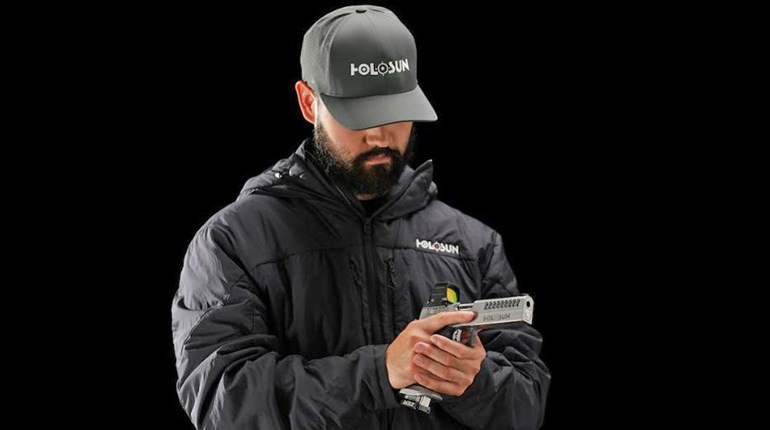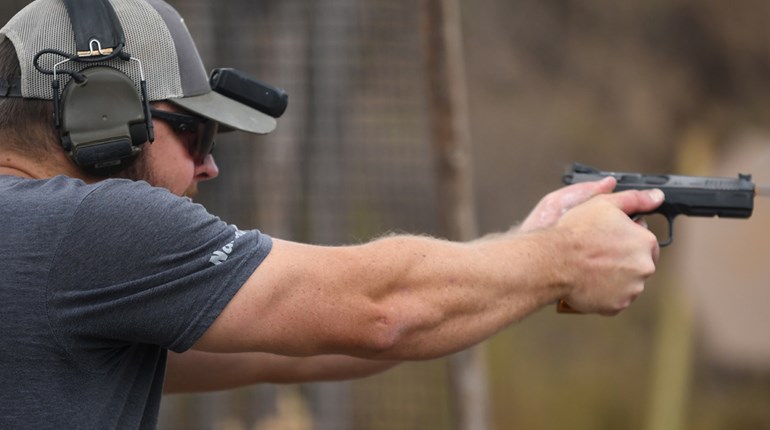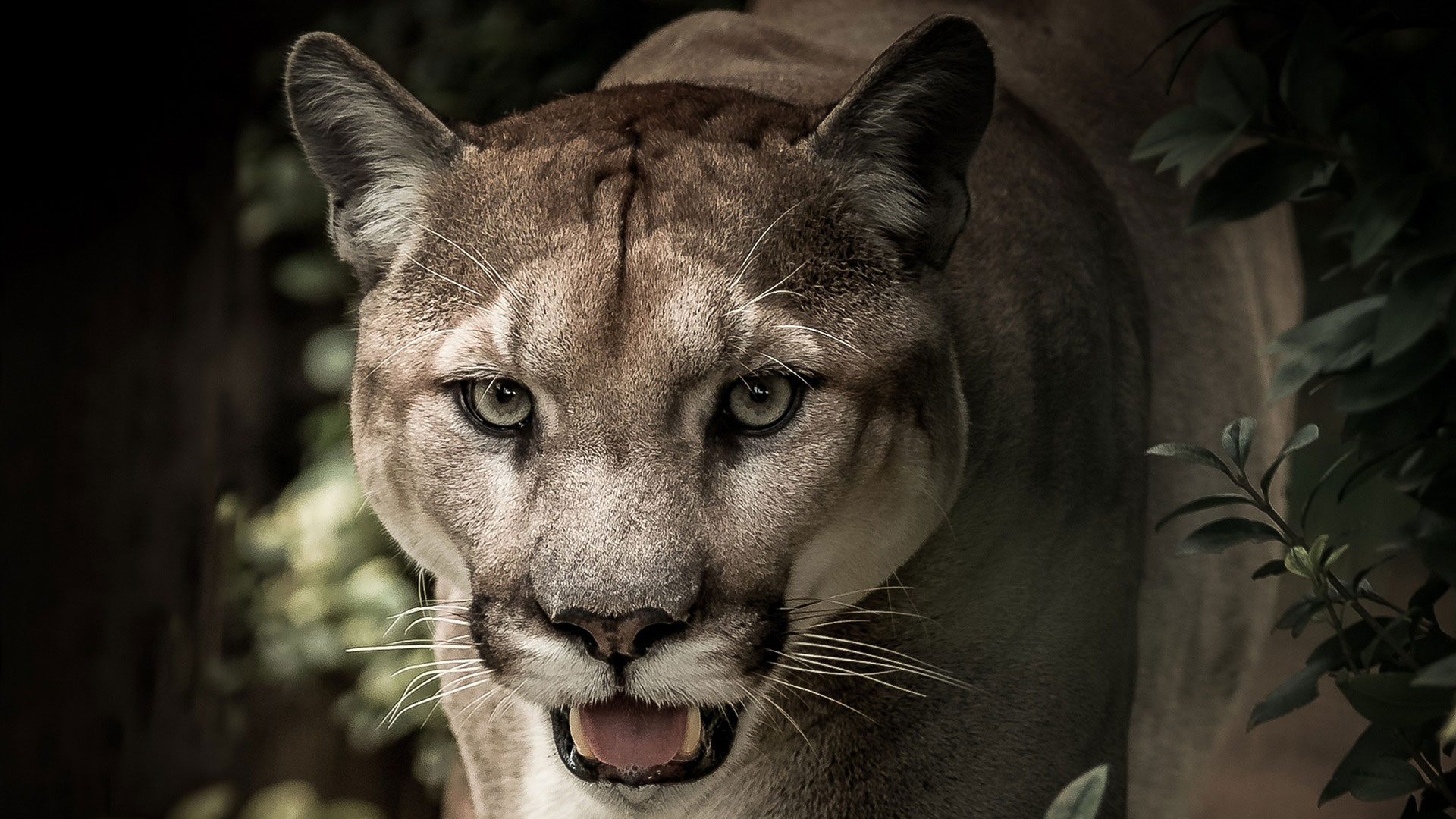
In an update to our July 19 article, a ban on Colorado cat hunting will be on the state's ballot in November, asking citizens of the state to decide on the future of big-cat hunting. Last Wednesday, the Colorado Secretary of State confirmed that the campaign to end mountain lion hunting had gotten enough signatures to get Proposition 91 on the ballot. Representatives with the Cats Aren't Trophies (CAT) group submitted 147,529 signatures, over 124,000 more than was necessary for ballot access. The initiative asks voters to agree that, “any trophy hunting of mountain lions, bobcats or lynx is inhumane, serves no socially acceptable or ecologically beneficial purpose, and fails to further public safety.” While this would outlaw any shooting and trapping of wildcats, it would still allow the killing of cats threatening livestock or people.
Unsurprisingly, experts are concerned by this turn of events, noting that when apex predators stop being hunted, they begin to lose their fear of humans. This, combined with the proximity in which humans and cats now live, may lead to more brazen attacks in the future, with lions beginning to actively stalk people more frequently. Former Director of Colorado Division of Wildlife Dan Prenzlow in particular has warned of this, as well as increased attacks on livestock and pets. Oddly enough, Prenzlow is only allowed to comment due to his retired status. Current members of Colorado Parks and Wildlife (CPW) are prohibited from public comment under state law, effectively muzzling those with the most knowledge on the topic. While unable to take a side on this specific initiative of course, CPW does broadly support mountain lion hunting as a tool to manage populations.
Further skewing the potential results, the ballot initiative has largely been supported and funded by outside groups. Cats Aren't Trophies (CAT) has raised $414,000 since the beginning of the year. Of that sum, their largest contributor is Washington D.C.-based Animal Wellness Action (AWA), which has provided $147,000. Not far behind is the Center for a Humane Economy (CHE). Both organizations were founded by disgraced former Humane Society chief Wayne Pacelle, who was ousted in 2018 following sexual harassment allegations. Of the $414,000 raised so far, CAT has spent $335,000 as of an August 1 filing.
Apart from the potential economic damage disallowing cat hunting could deal to Colorado's $3.25 billion industry—which supports over 20,000 full-time jobs—some legal experts are wondering whether groups like AWA and CHE would be liable when mountain lion attacks increase across Colorado. The key here is the concept of 'foreseeability.' Should the direct increase in attacks be considered a foreseeable result of the ban, some attorneys wonder if the groups could find themselves in court for promoting it.
There are currently around 4,000 mountain lions in the state, and roughly 500 are taken by hunters every year. For more developments on this story, check back with us on americanhunter.org.















